10 of the Worst Stock Calls By the Pros
How many times have you seen articles discussing the best market calls of all time?


Profit and prosper with the best of Kiplinger's advice on investing, taxes, retirement, personal finance and much more. Delivered daily. Enter your email in the box and click Sign Me Up.
You are now subscribed
Your newsletter sign-up was successful
Want to add more newsletters?

Delivered daily
Kiplinger Today
Profit and prosper with the best of Kiplinger's advice on investing, taxes, retirement, personal finance and much more delivered daily. Smart money moves start here.

Sent five days a week
Kiplinger A Step Ahead
Get practical help to make better financial decisions in your everyday life, from spending to savings on top deals.

Delivered daily
Kiplinger Closing Bell
Get today's biggest financial and investing headlines delivered to your inbox every day the U.S. stock market is open.

Sent twice a week
Kiplinger Adviser Intel
Financial pros across the country share best practices and fresh tactics to preserve and grow your wealth.

Delivered weekly
Kiplinger Tax Tips
Trim your federal and state tax bills with practical tax-planning and tax-cutting strategies.

Sent twice a week
Kiplinger Retirement Tips
Your twice-a-week guide to planning and enjoying a financially secure and richly rewarding retirement

Sent bimonthly.
Kiplinger Adviser Angle
Insights for advisers, wealth managers and other financial professionals.

Sent twice a week
Kiplinger Investing Weekly
Your twice-a-week roundup of promising stocks, funds, companies and industries you should consider, ones you should avoid, and why.

Sent weekly for six weeks
Kiplinger Invest for Retirement
Your step-by-step six-part series on how to invest for retirement, from devising a successful strategy to exactly which investments to choose.
How many times have you seen articles discussing the best market calls of all time? Probably quite a few. They’re everywhere.
But you don’t hear much about the worst market calls of all time. That’s because nobody likes to talk about their losers, especially not market professionals who are paid to be correct.
That’s too bad, in a way. Because regular investors can learn a lot from a pro’s mistakes, not just the successes. (That idea applies to most things in life, not just investing, by the way.)
For instance, Jesse Livermore shorted the entire stock market right before the 1929 crash, netting himself a cool $100 million for his troubles. That’s pretty interesting. But investing isn’t just about finding winners – it’s about figuring out how to avoid losers and minimize losses. We could’ve learned plenty had Livermore also discussed his worst trades and why these bets failed to deliver profits.
Let’s look at 10 of the worst stock calls by the so-called “pros,” which include institutional investors, celebrity stock callers and even CEOs. Some of these are simply “wow” moments that we couldn’t repeat if we wanted to, but some of these provide very tangible lessons for investors.
Data is as of March 13.
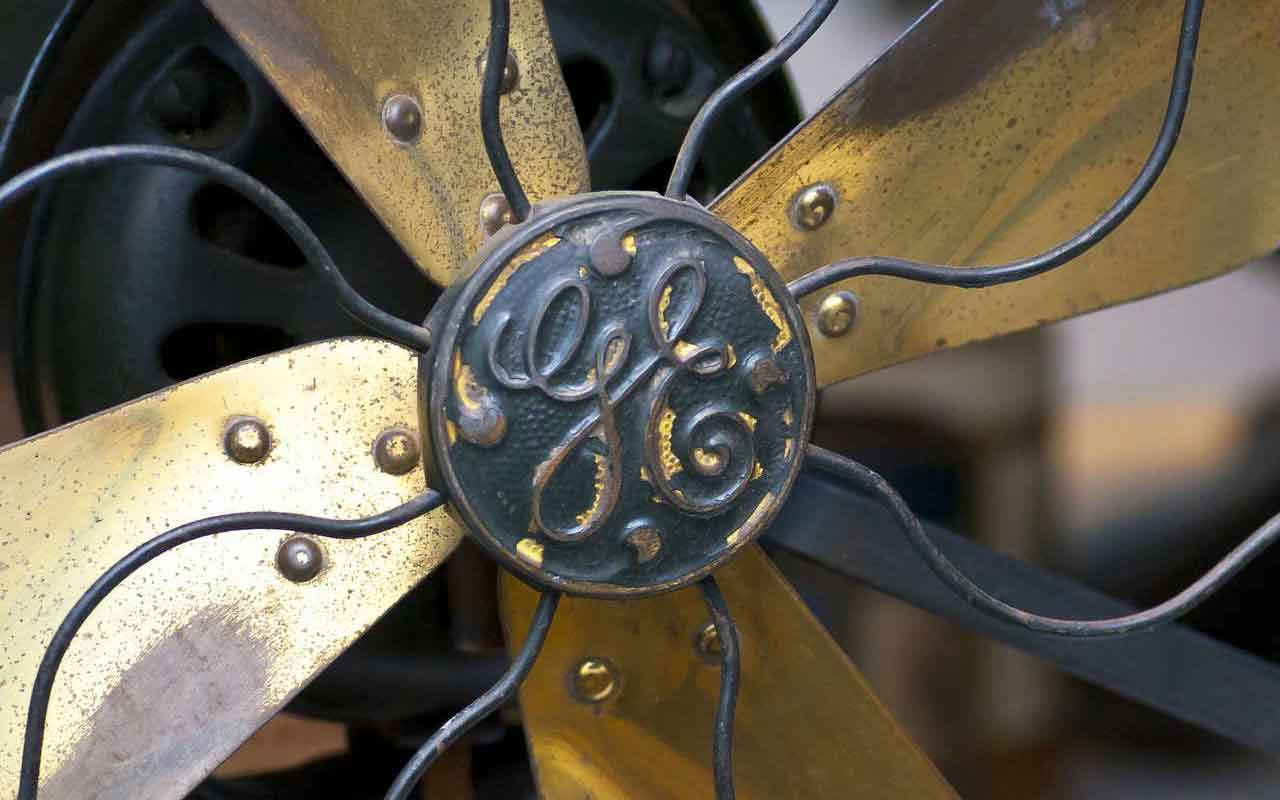
General Electric
- Investor: Jim Cramer of CNBC’s Mad Money
- The Call: Long GE
Love him or hate him, Jim Cramer – the one-time lawyer turned professional investor – can sure cause a stir.
It’s difficult to know how many stocks Cramer has talked about through his 14-year stint as host of CNBC’s Mad Money, but it’s likely in the thousands. Thing is, like most investment pundits, Cramer is going to get it wrong occasionally.
- General Electric (GE, $10.02), which Cramer recommended several times throughout his career, including in 2008 and in 2015, might not be his worst call in the show’s 14-year run, but it’s up there. It’s certainly the one that’s most talked about, and it’s among his greatest regrets.
“GE is one of the biggest mistakes of my career,” Cramer said in October 2017 amid rumors of a potential dividend cut (that eventually happened). “Rarely have I felt this stupid.”
At the time Cramer made the comments – both he and his charitable trust owned GE shares – it was trading around $20, and former CEO John Flannery was still in charge of the company. Neither of those things are the case anymore.
In November 2018, Cramer applauded analysts Stephen Tusa and John Inch for railing against the industrial conglomerate long before anyone else would. Tellingly, Cramer’s disclosure statement from the show contained no ownership of GE stock.
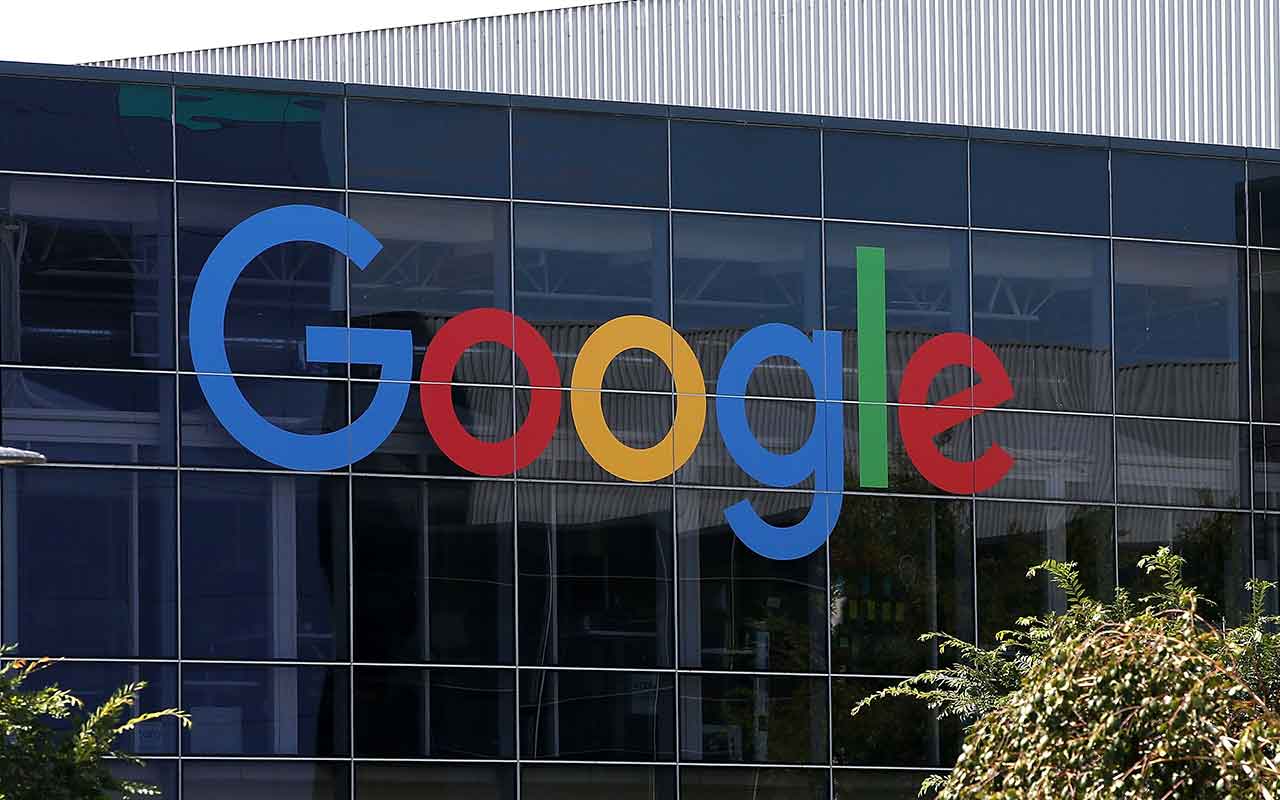
Google/Alphabet
- Investor: Whitney Tilson
- The Call: Recommending investors avoid Google (now Alphabet) ahead of its IPO
Did you see the chart making the rounds in 2017 comparing the stocks of Google parent Alphabet (GOOGL, $1,199.06) and Domino’s Pizza (DPZ) from their respective initial public offerings in summer 2004 through January 2017? At the time, Domino’s had smoked Alphabet by more than 800 percentage points.
But don’t feel too sorry for Larry Page and Sergey Brin. Since 2004, the founders have gone from relative nobodies on the wealth scale to the seventh and ninth richest people in the world with a combined net worth of $114 billion.
That brings us to Whitney Tilson. Tilson probably is best known for running the Kase Capital hedge fund until he closed it in 2017 after diminishing assets under management made it pointless to keep afloat. From an individual-stock position, he has done a lot of analysis and writing in the past about Berkshire Hathaway’s (BRK.B) intrinsic value. (Like most people, he’s a fan.)
However, one of the lowlights of Tilson’s career came on July 30, 2004, when the then-younger, less experienced investment manager wrote a piece for The Motley Fool that recommended investors choose Dell over Google before the latter’s IPO in August. The highlight:
“What are the odds that it is the leading search engine in five years (much less 20)? 50/50 at best, I suspect, and I’d wager that odds are at least 90% that its profit margins and growth rate will be materially lower five years from now. Yet investors appear ready to value this company at as much as $36 billion, nearly 200 times trailing earnings!”
Tilson actually at least gave Google a chance of becoming the top dog in search – and it did, he just didn’t bet on it at the onset. It was a conservative call on what was a very speculative bet at the time.
Today, Alphabet has a market value of nearly $830 billion. Ironically, Dell’s market cap is a few billion more than Google’s high valuation 15 years ago.
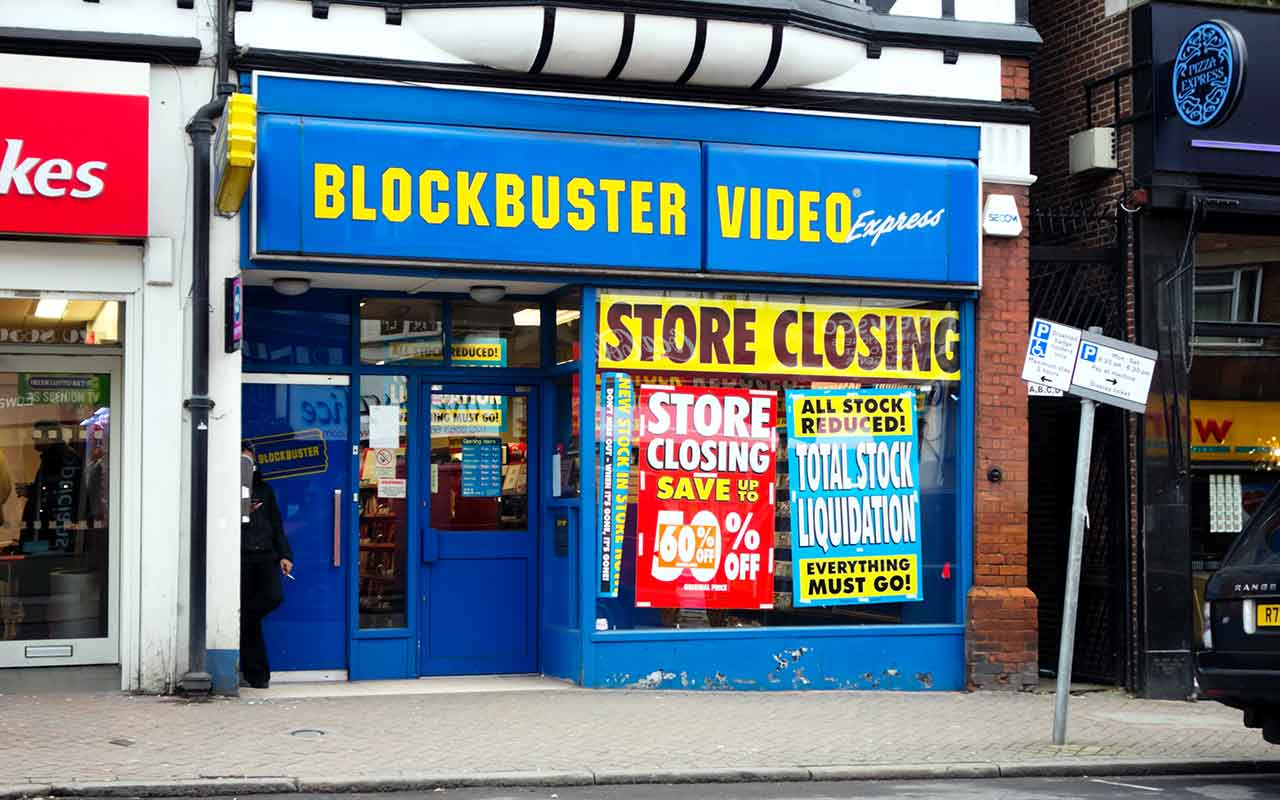
Blockbuster Entertainment
- Investor: Carl Icahn
- The Call: Long Blockbuster
Call it activist investing, muckraking, whatever you want, just don’t suggest that billionaire Carl Icahn, who turned 83 this year, will slow down anytime soon. As long as the mind’s working fine, Icahn will continue to search for the next big score.
Icahn’s not quite as wealthy as Page and Brin, but he’s still worth nearly $20 billion, according to the Bloomberg Billionaires Index. It’s hard to imagine anyone as wealthy as Icahn making many mistakes, but he has. And one that stands out is Blockbuster Entertainment – the gone-but-not-forgotten video-store chain.
Icahn started buying Blockbuster’s stock in late 2004 when the company boasted more than 9,000 locations in more than 12 countries, and when the market value is around $5 billion. He ultimately acquired a $191 million stake in the company.
Unfortunately, Netflix (NFLX) had already emerged on the scene by that point, offering a subscription-based DVD service that made going to the video store unnecessary. Three years later, Netflix launched its video streaming service, and the rest is history. Icahn sold his shares in 2010 for pennies on the dollar, losing an estimated $180 million.
Icahn himself outlines what went wrong: “Blockbuster turned out to be the worst investment I ever made,” he said in 2011. “It failed because of too much debt and changes in the industry.” The takeaway for every investor should be that no matter what the industry, look out for potential technological disruptions. They’re everywhere.
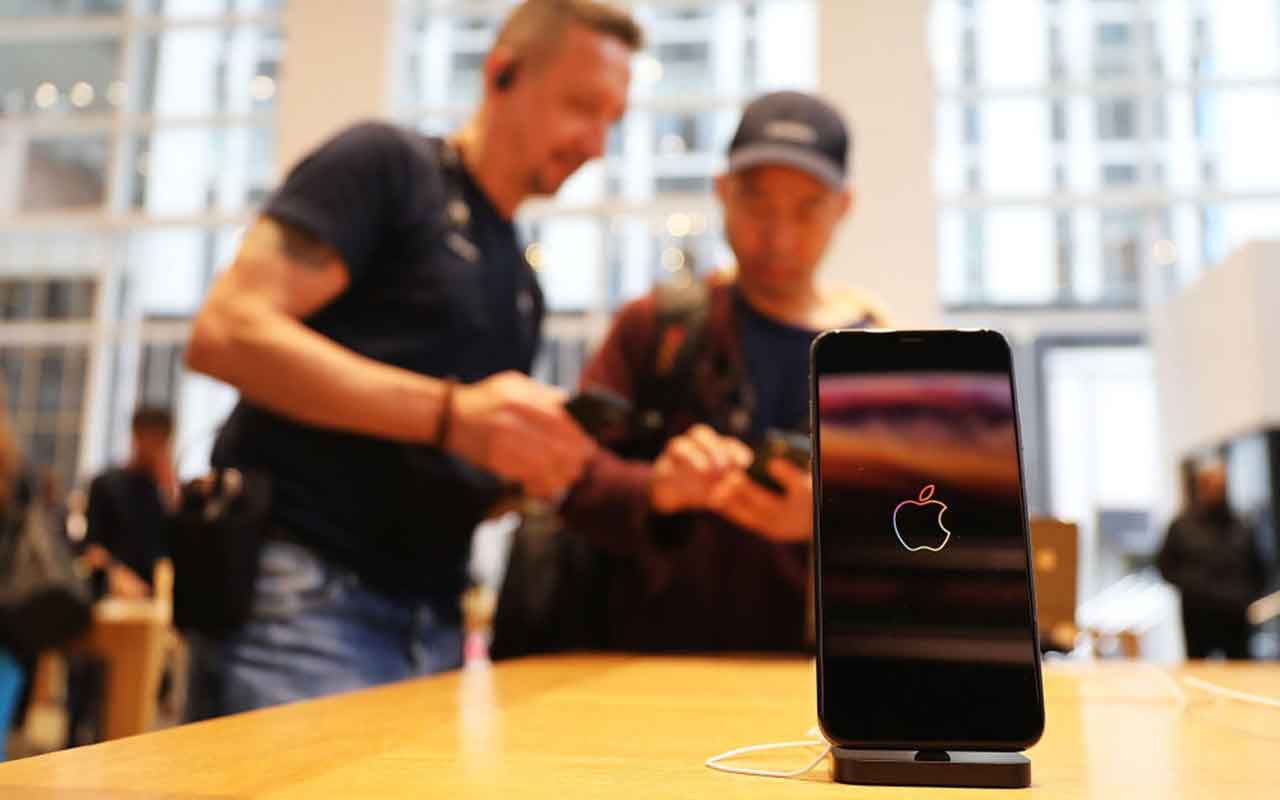
Apple
- Investor: Bill Gates
- The Call: Invested $150 million in Apple and provided software for Apple computers
If you’re a big user of Apple (AAPL, $181.71) products, as I am, Microsoft (MSFT) founder Bill Gates’ unprecedented $150 million investment in Steve Jobs’ baby back in 1997, which likely saved the company, can only be viewed as the ultimate in corporate philanthropy.
Sure, it’s possible that a deal like this between two major competitors could happen today. But it’s not likely.
Gates and Jobs had a fierce rivalry at the time of the investment. Although they had known each other for years, their relationship was an uneasy one. When Jobs announced at Macworld in Boston that Microsoft would buy $150 million in newly minted Apple stock and provide five years of support for Office for Mac, the audience of Apple fans booed Gates’ image on the massive video screen.
“The unexpected revelation ... prompted gasps of disbelief and loud boos from the audience of thousands of Mac users and software developers,” The Seattle Times reported.
Jobs calmed the angry mob, saying, “We have to let go of a few notions here. We have to let go of the notion that for Apple to win, Microsoft needs to lose.”
Shortly after Gates’ noble gesture, Jobs was made interim CEO of Apple. The brilliant tactician went to work rebuilding the company one product at a time, and proved to be a thorn in Microsoft’s side for years.
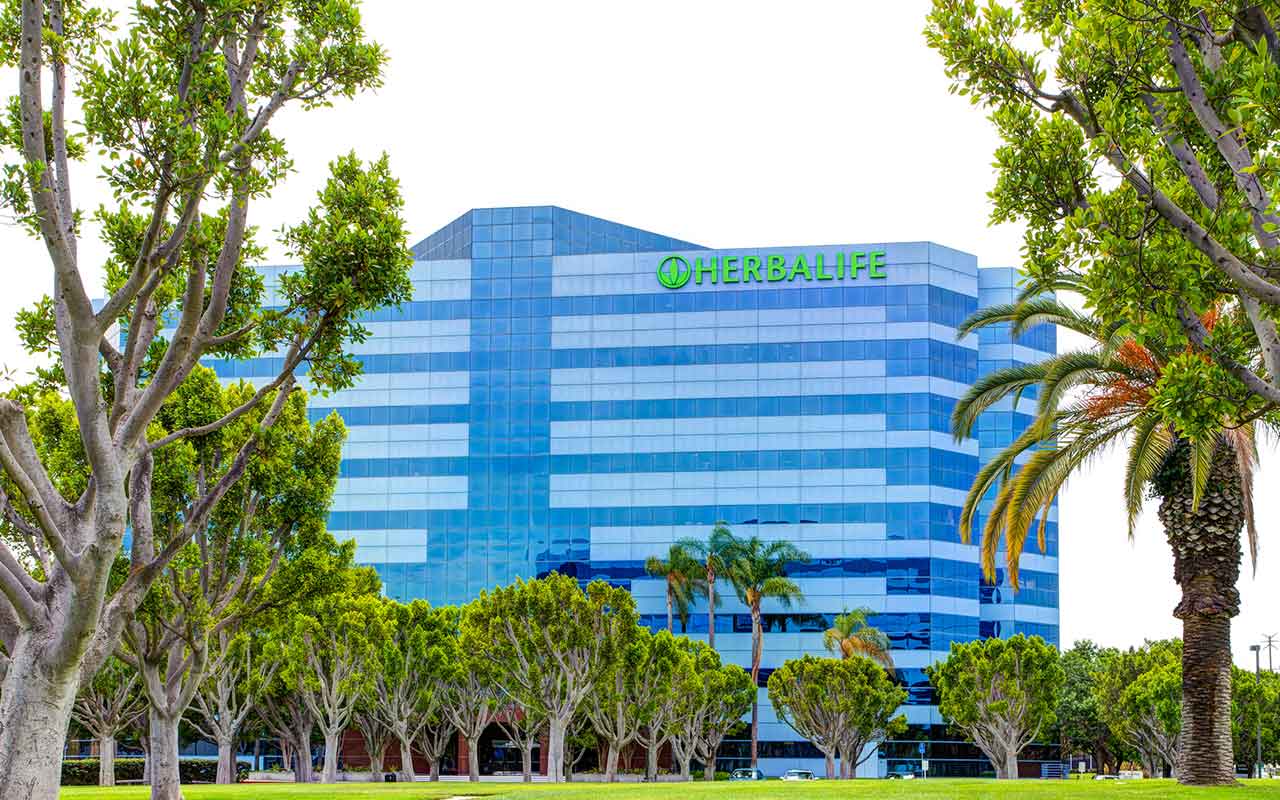
Herbalife
- Investor: Bill Ackman
- The Call: Short Herbalife
Heading into the final quarter of 2018, Pershing Square Holdings – Bill Ackman’s New York-based hedge fund – was having a bounce-back year. Its net value was up 9.7%, 620 basis points higher than the Standard & Poor’s 500-stock index. Unfortunately, the fourth quarter was a major dud, raining on Ackman’s comeback parade.
If you had never heard of Ackman before 2018, you’d have thought the long-time hedge-fund manager was a rising star. Good things were happening in his portfolio, including a $900 million position in Starbucks (SBUX) in which he bought shares at an average price of $51. (Shares now trade above $70.)
But if you’ve followed Ackman over the previous few years, the mere mention of his name brings back terrible memories of an investor who seemed to be losing his edge.
While Ackman’s $4 billion loss on Bausch Health Companies (BHC), formerly known as Valeant Pharmaceuticals, was more significant in terms of actual dollars, his $1 billion short of nutritional supplement maker Herbalife (HLF, $57.37) pitted him against Carl Icahn in a very public verbal sparring match over the stock.
Ultimately, Ackman was unable to convince investors that Herbalife was a Ponzi scheme, and its shares rocketed up in value, forcing the hedge fund manager to cover his short position in February 2018, generating an undisclosed (but presumably substantial) loss. For what it’s worth, while the FCC never ruled Herbalife a pyramid scheme, it did fine the company $200 million and placed certain restrictions on its sales.
As for Icahn, his long position turned into a billion-dollar profit.
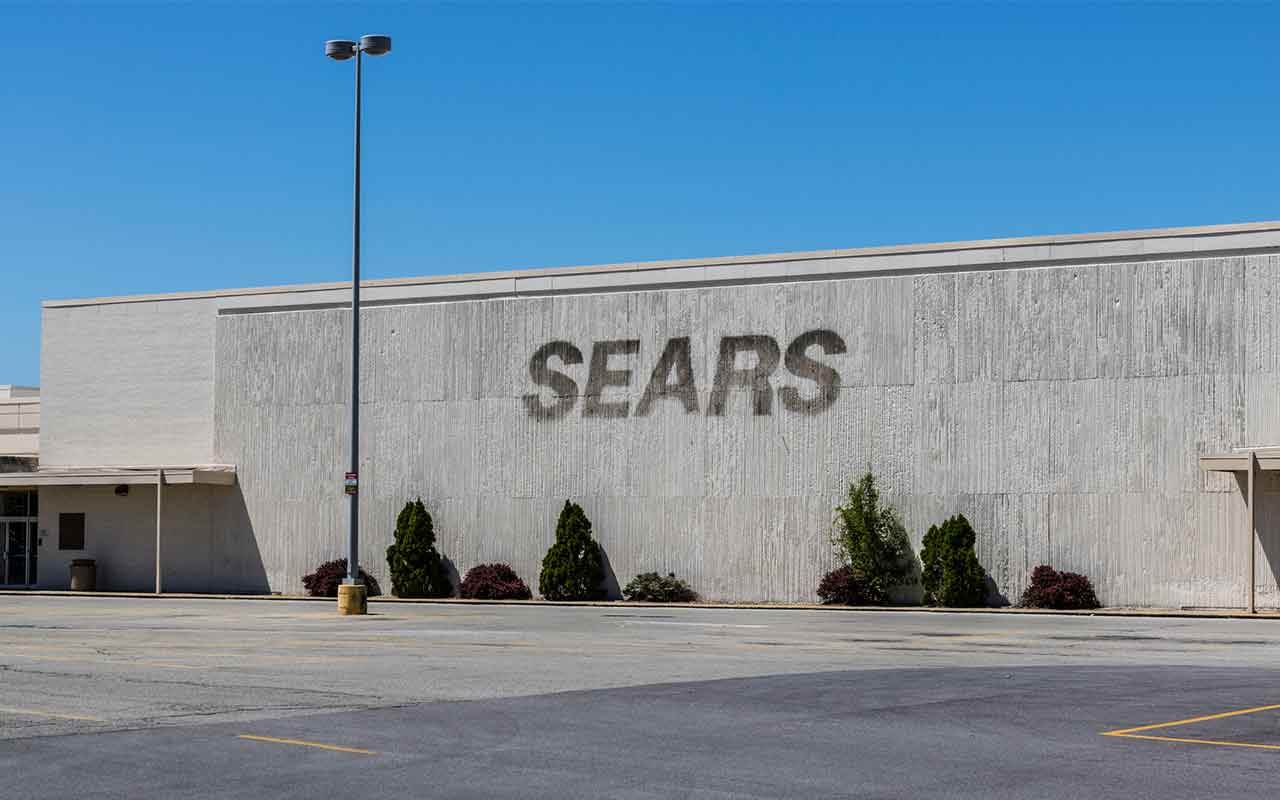
Sears Holdings
- Investor: Eddie Lampert
- The Call: Long Sears for too long
The story on Sears Holdings (SHLDQ, $0.66) hasn’t been entirely finalized, the odds are stacked against the once-iconic department store from rising from the ashes. You can put that on Eddie Lampert – CEO of hedge fund ESL Investments, and former CEO and chairman of Sears.
Lampert got himself into this mess by originally acquiring Kmart debt in 2002 at 40 cents on the dollar. The discount chain had filed for Chapter 11 bankruptcy protection, and it was crumbling fast. When the debt dropped to 20 cents on the dollar, he bought more, ultimately buying up $800 million of the stuff.
“To most people, Kmart looked like a pile of trash,” Al Koch, of restructuring advisor AlixPartners, said at the time. “We were told that this hedge fund guy had bought a huge portion of Kmart and wanted to get it out of bankruptcy fast. None of us had ever heard of him.”
Kmart emerged from bankruptcy in May 2003 with his debt converted into a 54% equity position in the company. Lampert went to work cutting expenses, inventories and anything not tied down to generate cash. By the next summer, Kmart was making money and sitting on $3 billion in cash.
Then came Lampert’s downfall.
He announced in June 2004, at the ripe old age of 42, that Kmart was merging with Sears in an $11 billion transaction that would create a company with $55 billion in annual revenue and 3,500 stores. Key to the deal was $500 million in annual savings from the merging of operations. But rather than spend money actually improving stores, Lampert bought back Sears shares by the bucketful – $5.8 billion between 2005 and 2010 – to consolidate his power in the merged business.
Sears hit a high point of $125.42 during the second quarter of fiscal 2010. Lampert’s ESL Investments owned 65.2 million shares worth $8.2 billion. He could have sold for a nice profit at the time. Instead, he had to spend $5.2 billion in February buying it from a bankruptcy auction.
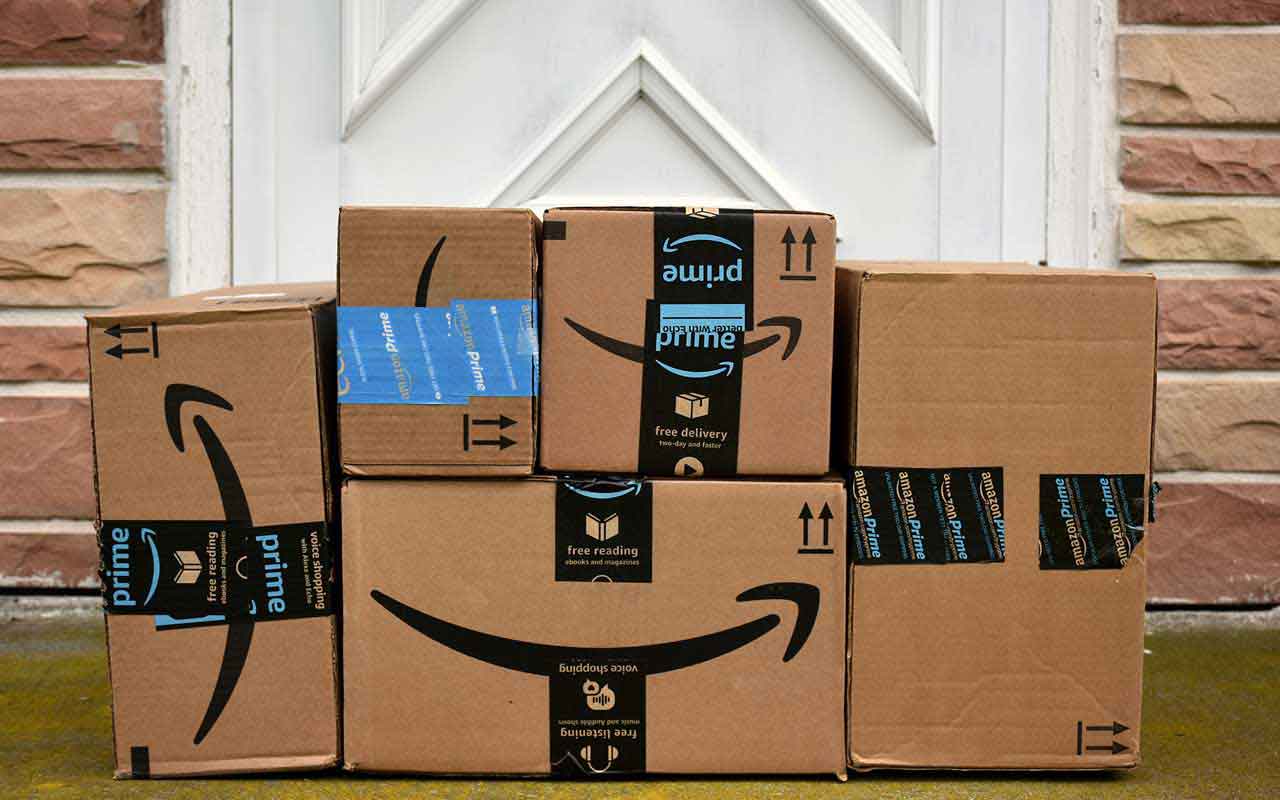
Amazon.com
- Investor: Warren Buffett
- The Call: Not buying Amazon shares
Warren Buffett has few regrets. And why would he? He gets to do what he loves every day while getting by on $84 billion.
But like any good investor, you remember the stocks you should have sold but didn’t … and you remember the stocks you wish you would have bought but didn’t.
- Amazon.com (AMZN, $1,690.81) is the latter.
Buffett, not being much of a tech or online guy, couldn’t see the forest from the trees. Moreover, his stringent value principles kept him from making a riskier growth play.
“Obviously, I should have bought it long ago, because I admired it long ago,” he said in February 2017. “But I didn’t understand the power of the model as I went along. And the price always seemed to more than reflect the power of the model at that time. So, it’s one I missed big time.”
“I had very very very high opinion of Jeff’s ability when I first him, and I underestimated him,” Buffett said of Amazon CEO Jeff Bezos at Berkshire Hathaway’s 2018 annual meeting. “I’ve watched Amazon from the start. I think what Jeff Bezos has done is something close to a miracle ... The problem is when I think something will be a miracle, I tend not to bet on it.”
As a result, he never pulled the trigger on Amazon stock. If he had, he might be the world’s wealthiest person today – not Bezos.

Verisign
- Investor: Stanley Druckenmiller
- The Call: Long Verisign and other tech stocks worth $6 billion in late 1999
Who can forget the dot-com bubble of 1999-2000, when investors went from valuing stocks based on earnings to sales because hardly any of the tech companies were making money?
Stanley Druckenmiller sure can’t.
Druckenmiller grew up in Pittsburgh, thought about becoming an economist, but instead decided to become an investment analyst, getting his first job at Pittsburgh National Bank. By 28, he founded his own hedge fund, Duquesne Capital Management, which he successfully ran for 30 years before shutting down in 2010. That hedge fund averaged 30% annual returns between 1986 and 2007. But what happened to the billionaire investor in 1999 might have hastened his retreat from investing eight years later.
Druckenmiller was investing money for George Soros’ Quantum Fund in early 1999. One of his trades was a $200 million short on tech stocks. Unfortunately, his play was too early; he was forced to cover a couple of months later, losing $600 million.
Eager to make that money back, he decided to ride the momentum of tech stocks. He bought $6 billion worth of the sector’s stocks, including Verisign (VRSN, $180.48), which was on a major roll. Stocks like Verisign went up fast in 1999 … but came down hard just as fast in 2000 and 2001.
“I bought $6 billion worth of tech stocks, and in six weeks I had lost $3 billion in that one play,” Druckenmiller discussed in Michael Batnick’s book Big Mistakes: The Best Investors and their Worst Investments. “You asked me what I learned. I didn’t learn anything. I already knew that I wasn’t supposed to do that. I was just an emotional basketcase and I couldn’t help myself. So maybe I learned not to do it again, but I already knew that.”
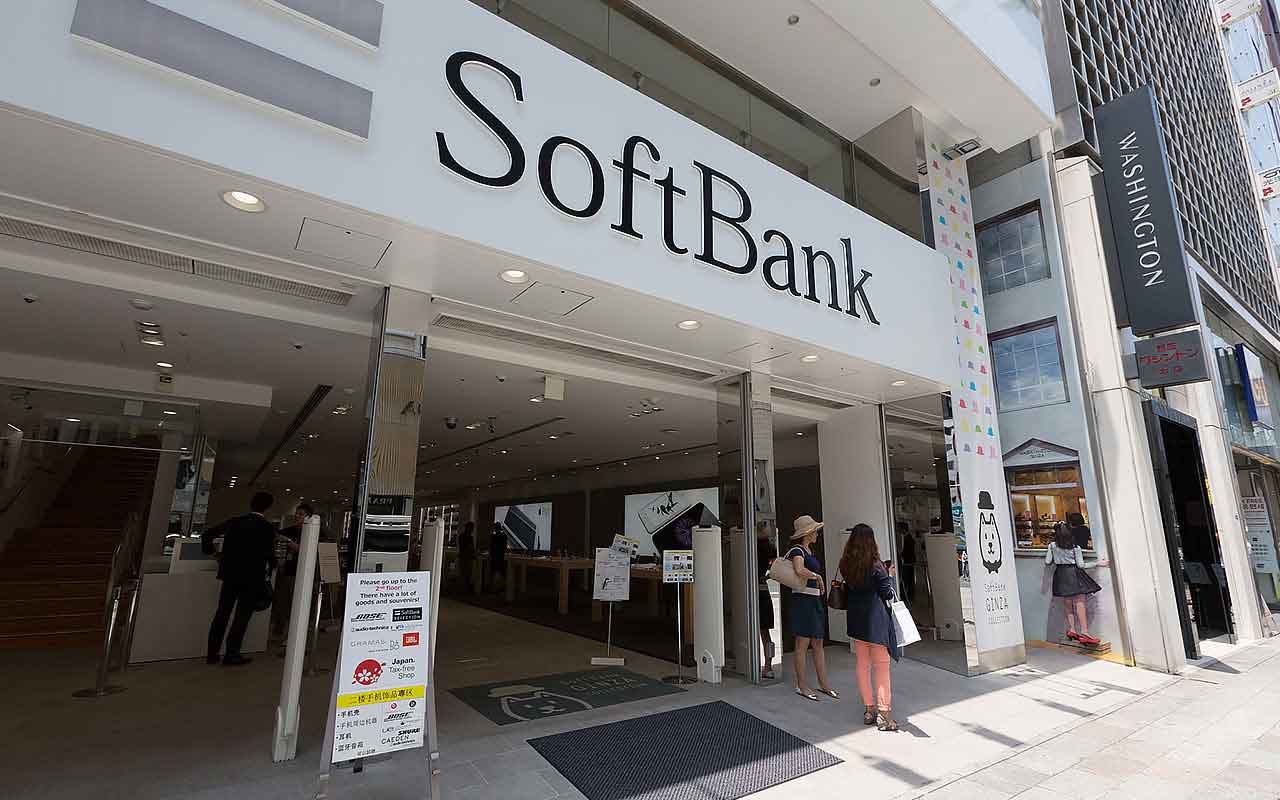
Softbank
- Investor: Masayoshi Son
- The Call: Long numerous dot-com stocks
Fast Company recently called Japanese billionaire Masayoshi Son the most powerful person in Silicon Valley. Son’s biggest holding in North America, at least regarding public companies, is an 85% stake in Sprint (S), the fourth-largest wireless carrier in the U.S. A merger between Sprint and T-Mobile (TMUS) is being fought out in court; if it goes through, SoftBank Group (SFTBY) – Son’s holding company in Japan – would own 27% of the new entity.
However, it is SoftBank’s $100 billion Vision Fund that’s earned him the Fast Company moniker. SoftBank has contributed $22 billion of the capital with other extremely wealthy organizations putting in the rest.
By every standard, Masayoshi Son is a wealthy man. Bloomberg’s Billionaires Index pegs him at $13.4 billion and in 87th place. Not bad at all.
The thing is, before the tech meltdown between 2000 and 2002, Son was estimated to be worth $78 billion. But the visionary investor lost almost 90% of his net worth in two years. As Wired wrote in 2004, “SoftBank blew billions more on Asahi TV, Asia Global Crossing, SKY Perfect, and a throng of dotcom dogs: Kozmo.com, More.com, SportsBrain. Webvan? Yep, that was him.”
What investors could learn from Son might not be what he did wrong with those dot-com busts, but what he did afterward: He didn’t quit taking risks.

Walter Investment Management / Ditech Holding
- Investor: Vadim Perelman
- The Call: Long Walter Investment Management / Ditech Holding
Vadim who?
When I first read the story of the young, brash portfolio manager taking the world by storm, I thought it might be one of billionaire Ron Perelman’s kids. That’s not the case.
Vadim Perelman is a deep-value investor who has run his own hedge fund, Baker Street Capital Management, since 2009. At the height of his success in 2013, Baker Street had a portfolio worth $854 million, using a highly focused approach to stock selection.
For example, Perelman held just four stocks at the end of 2013, with almost all of it invested in Sears. Like many others, he thought the real estate was worth more than the company’s market value. He exited in mid-2015.
He apparently didn’t learn from his Sears investment, however, plowing all of Baker Street’s remaining assets into Walter Investment Management, a Florida mortgage servicer and nonbank lender. The company filed for Chapter 11 in December 2017, then emerged from bankruptcy protection three months later as Ditech Holding Corporation (DHCPQ, $0.17) – a provider of residential mortgages – with $800 million in debt cut from its balance sheet.
Ditech was delisted from the New York Stock Exchange later in 2018 and currently trades over the counter. Walter Investment Management’s equity was erased.
Profit and prosper with the best of Kiplinger's advice on investing, taxes, retirement, personal finance and much more. Delivered daily. Enter your email in the box and click Sign Me Up.

Will has written professionally for investment and finance publications in both the U.S. and Canada since 2004. A native of Toronto, Canada, his sole objective is to help people become better and more informed investors. Fascinated by how companies make money, he's a keen student of business history. Married and now living in Halifax, Nova Scotia, he's also got an interest in equity and debt crowdfunding.
-
 Dow Leads in Mixed Session on Amgen Earnings: Stock Market Today
Dow Leads in Mixed Session on Amgen Earnings: Stock Market TodayThe rest of Wall Street struggled as Advanced Micro Devices earnings caused a chip-stock sell-off.
-
 How to Watch the 2026 Winter Olympics Without Overpaying
How to Watch the 2026 Winter Olympics Without OverpayingHere’s how to stream the 2026 Winter Olympics live, including low-cost viewing options, Peacock access and ways to catch your favorite athletes and events from anywhere.
-
 Here’s How to Stream the Super Bowl for Less
Here’s How to Stream the Super Bowl for LessWe'll show you the least expensive ways to stream football's biggest event.
-
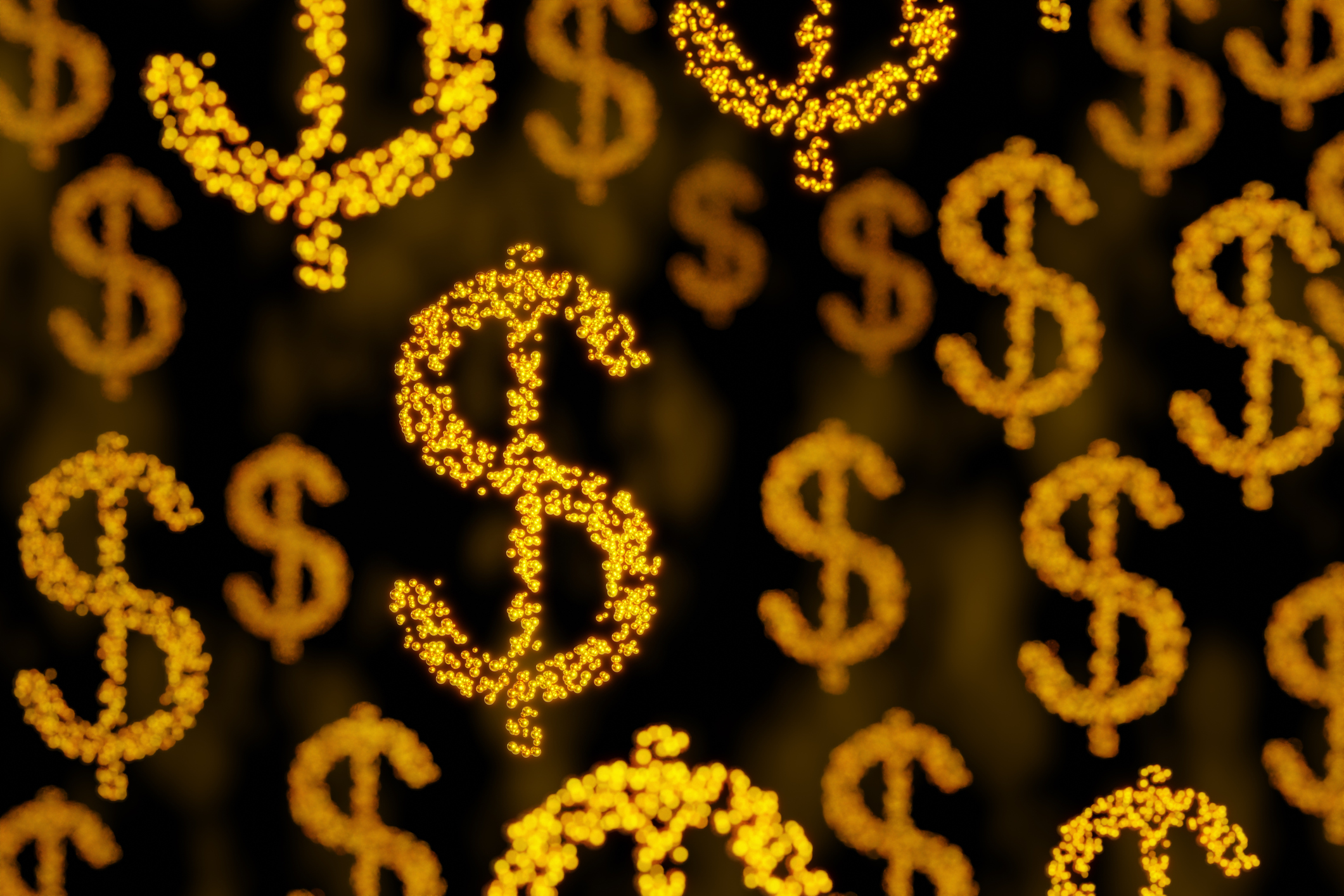 Why I Trust These Trillion-Dollar Stocks
Why I Trust These Trillion-Dollar StocksThe top-heavy nature of the S&P 500 should make any investor nervous, but there's still plenty to like in these trillion-dollar stocks.
-
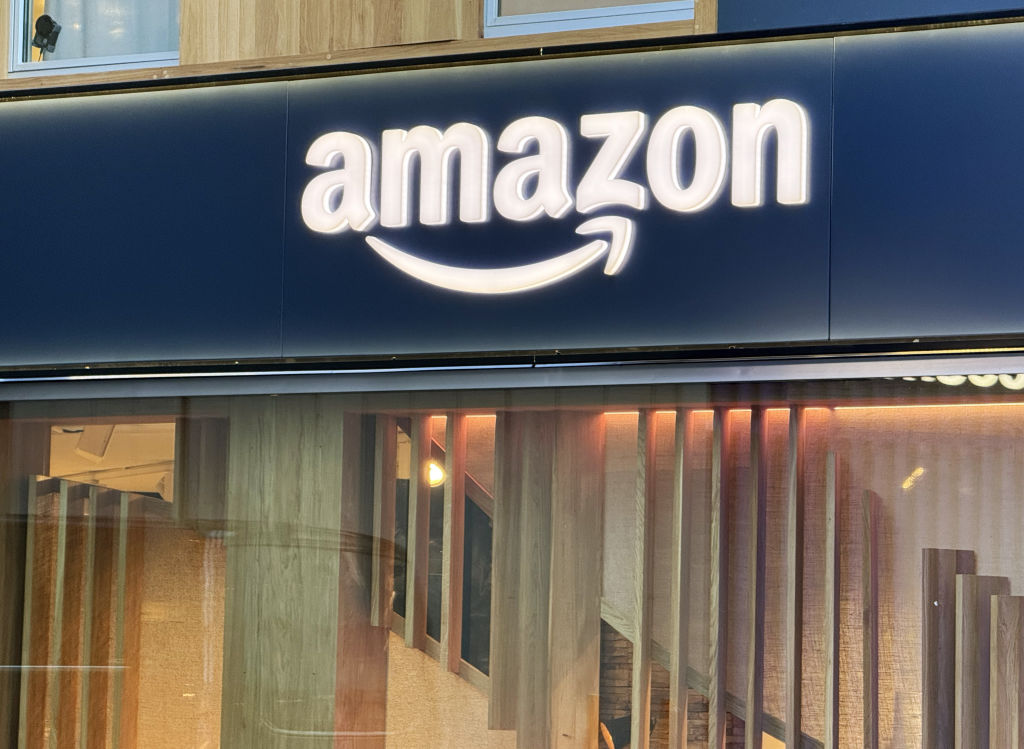 Stocks Close Out Strong Month With Solid Amazon Earnings: Stock Market Today
Stocks Close Out Strong Month With Solid Amazon Earnings: Stock Market TodayAmazon lifted its spending forecast as its artificial intelligence (AI) initiatives create "a massive opportunity."
-
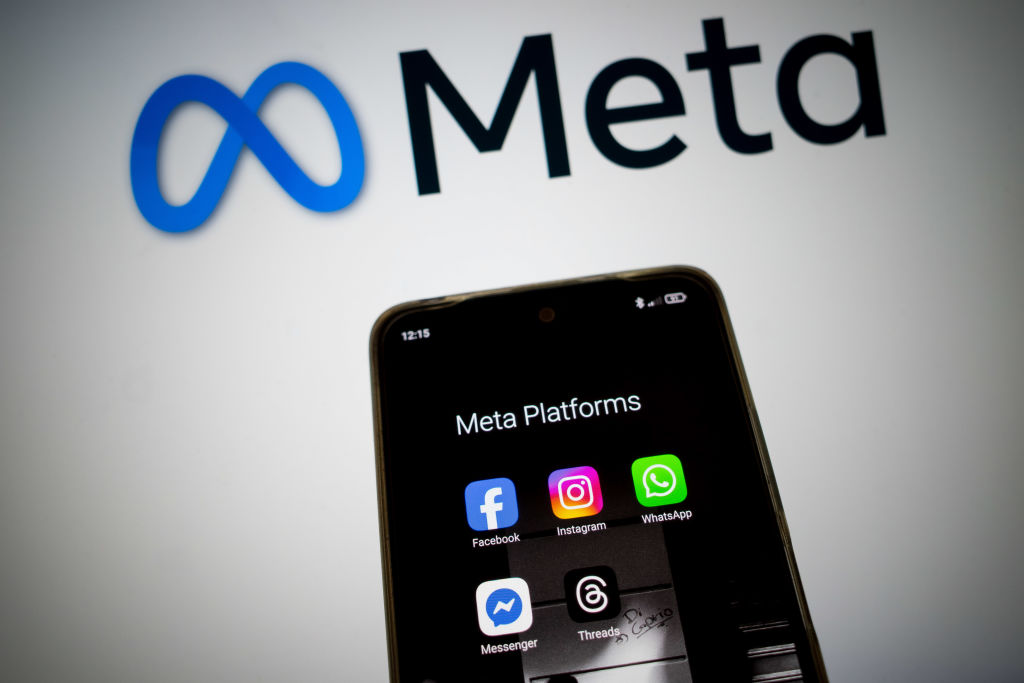 Stocks Sink with Meta, Microsoft: Stock Market Today
Stocks Sink with Meta, Microsoft: Stock Market TodayAlphabet was a bright light among the Magnificent 7 stocks today after the Google parent's quarterly revenue topped $100 billion for the first time.
-
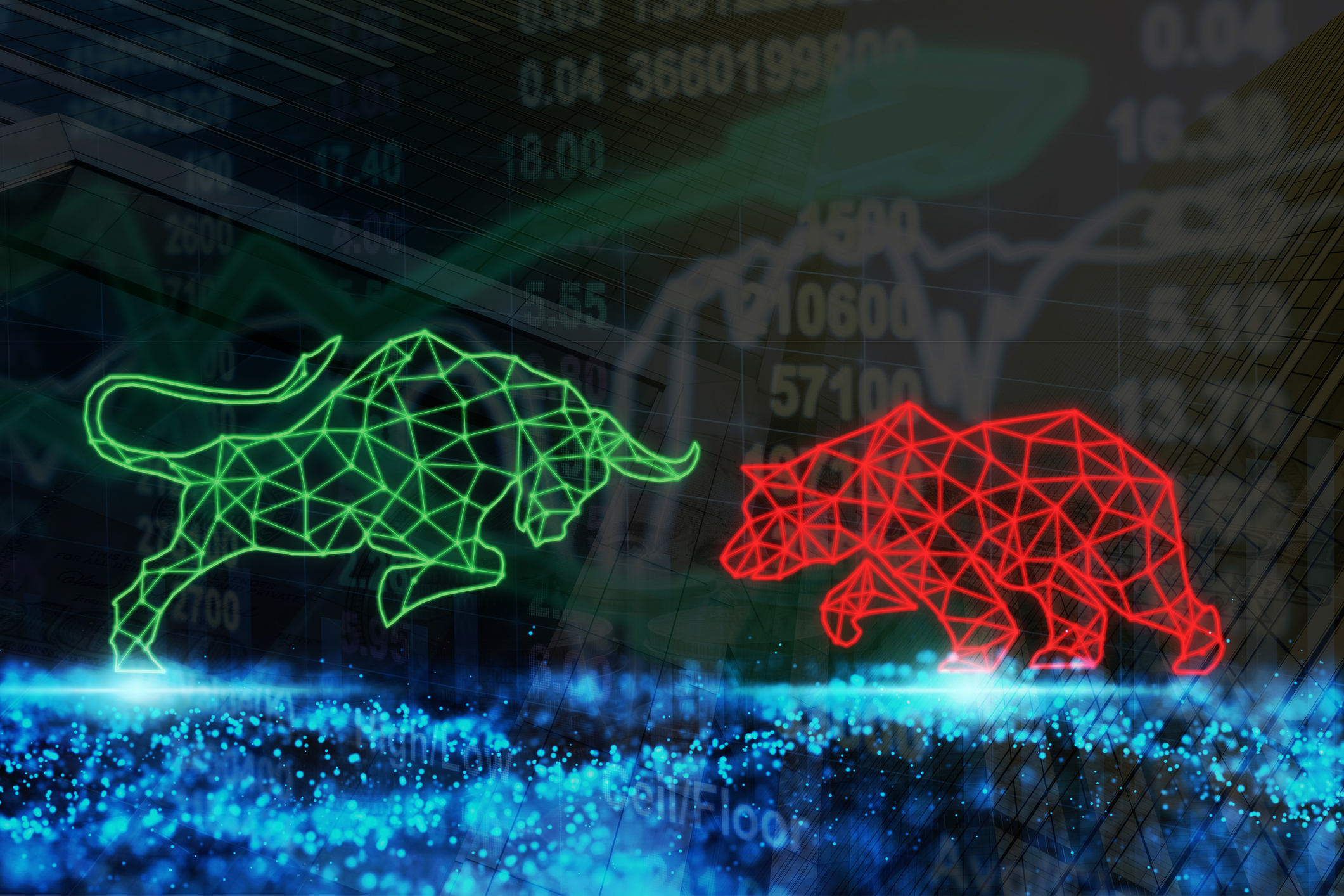 Markets Are Quiet Ahead of Fed Day: Stock Market Today
Markets Are Quiet Ahead of Fed Day: Stock Market TodayInvestors, traders and speculators appear to be on hold amid an unusually fraught Fed meeting.
-
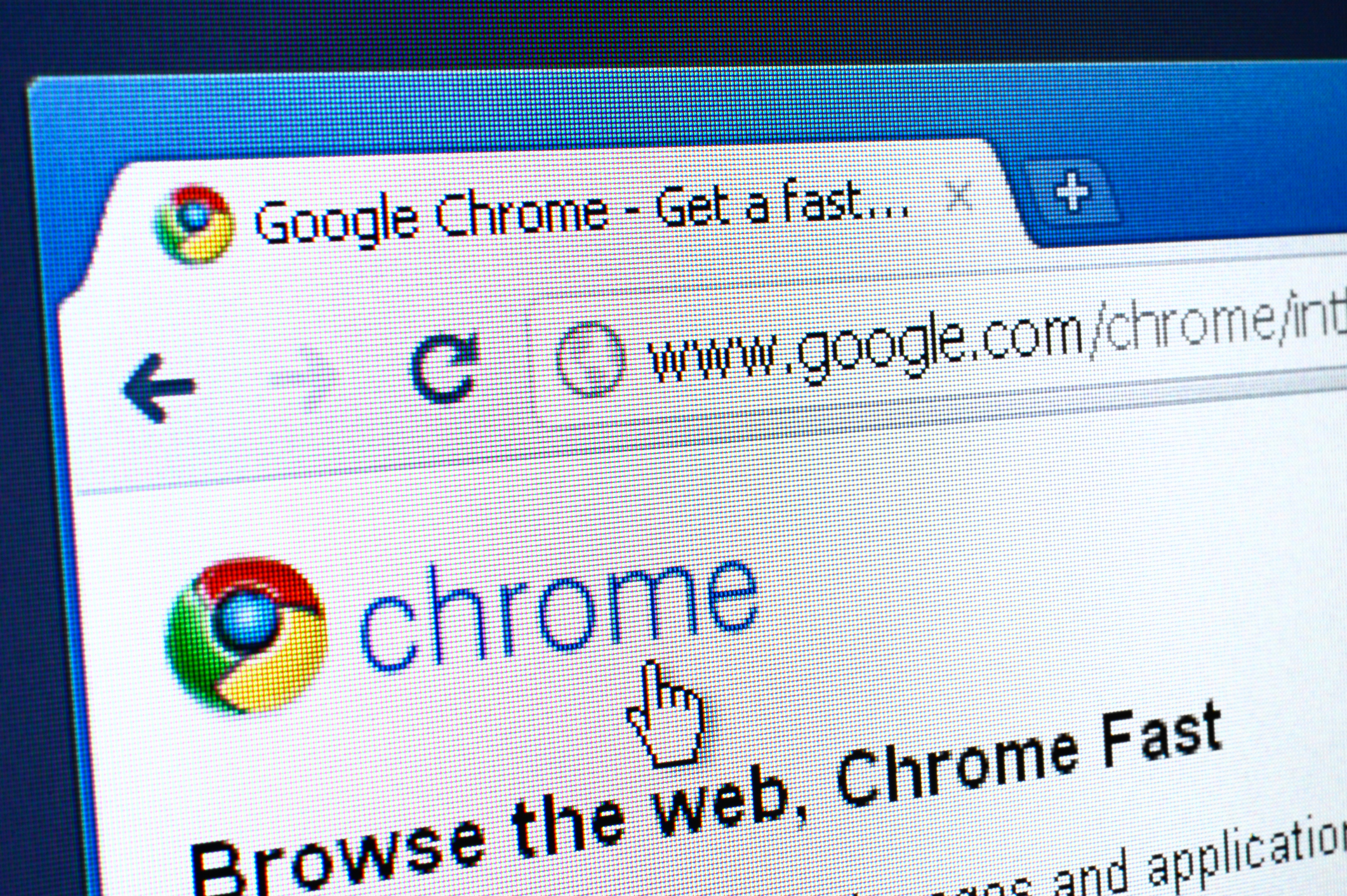 Alphabet Stock Pops After Google Antitrust Ruling: What to Know
Alphabet Stock Pops After Google Antitrust Ruling: What to KnowGOOGL stock is soaring Wednesday after a judge ruled that Alphabet does not have to divest its Chrome browser.
-
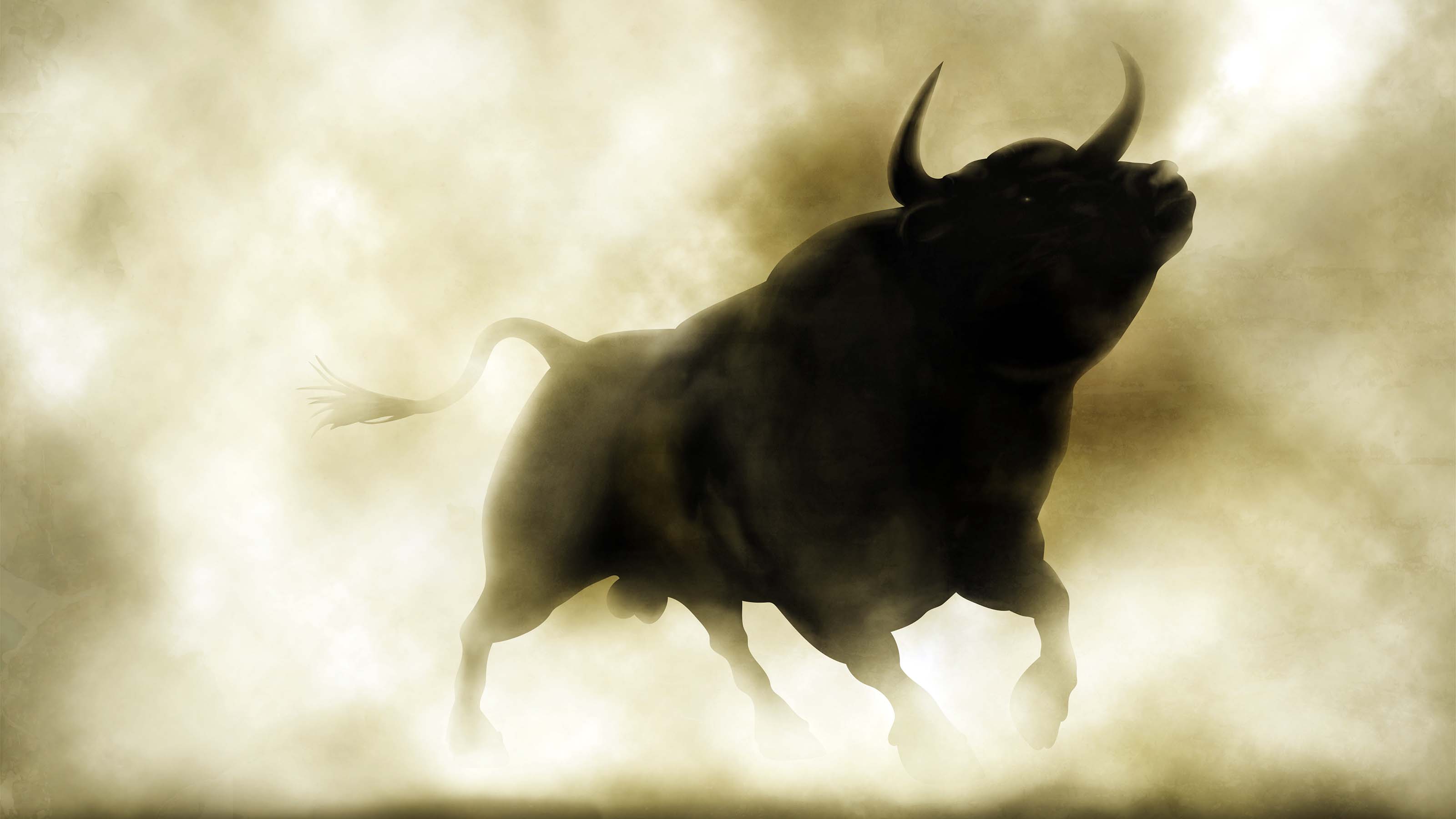 DexCom, GE, SLB: Why Experts Rate These Stocks at Strong Buy
DexCom, GE, SLB: Why Experts Rate These Stocks at Strong BuyWall Street gives these three diverse names Strong Buy recommendations with high potential upside.
-
 The Best Aerospace and Defense ETFs to Buy
The Best Aerospace and Defense ETFs to BuyThe best aerospace and defense ETFs can help investors capitalize on higher defense spending or hedge against the potential of a large-scale conflict.
-
 AI vs the Stock Market: How Did Alphabet, Nike and Industrial Stocks Perform in June?
AI vs the Stock Market: How Did Alphabet, Nike and Industrial Stocks Perform in June?AI is a new tool to help investors analyze data, but can it beat the stock market? Here's how a chatbot's stock picks fared in June.
